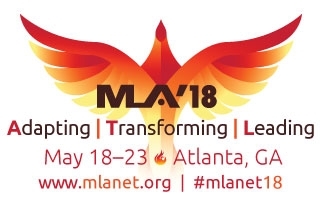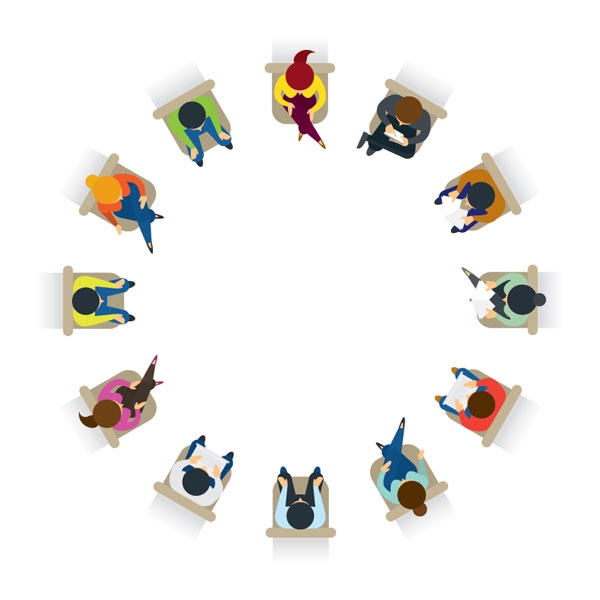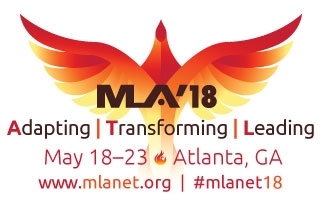These days, it seems everyone is talking about learning to program. To find out more about a popular language, R, and what it’s like to learn it, we did an email Q&A with Lisa Federer, AHIP, NIH Library, National Institutes of Health, Bethesda, MD, who is teaching Introduction to Data Analysis and Visualization with R at MLA ’18.
Q: Let me open with the question everyone thinking about programming wants to know: Is R hard to learn?
A: Not in my class! I am a noncomputer scientist, and I teach R for noncomputer scientists. The course is hands-on, and participants have a chance to test new skills and get immediate feedback and help. They leave with enough expertise to do basic operations and to be able to continue learning R on their own. So, R is hard in the way learning most any new complex skill is hard, but students are amazed at what they can learn in a few hours.
Q: What can you do with R?
A: With R, you do pretty much any statistical operation or data manipulation, and you can use it to create elegant, powerful visualizations. R is free and open-source, so people are always coming up with new applications and features.
Q: Who is your course for?
A: If you work with data or provide support or training for people who work with research data, library-related data, or pretty much any kind of data, knowing R can make you a popular and useful resource for researchers, students, and faculty at your university or hospital!
Q: A final question: What might you say to colleagues to persuade them to attend your course?
A: Learning R is one of the most useful things I’ve done to further my career! I’m able to teach R classes and use it to analyze my own data. There is a lot of demand for my classes, because R is becoming incredibly popular in science and biomedical research
| Visit Introduction to Data Analysis and Visualization with R to learn more and MLANET to register. MLA continuing education courses are powerful and rewarding learning experiences! Of the participants who evaluated MLA ’17 courses, 97% found their courses engaging and would recommend them to colleagues. The percentage who rated themselves competent or better in their course area nearly tripled, from 22% to 59%. |




